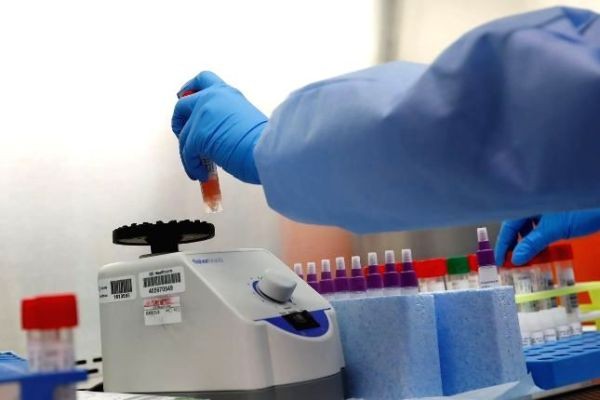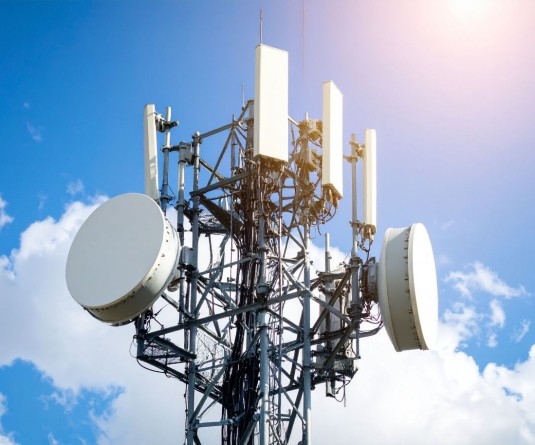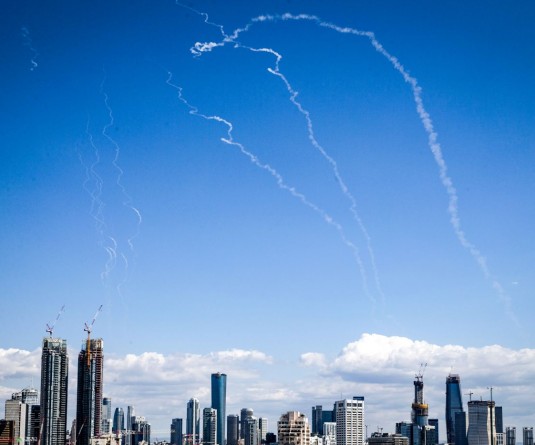IANS File Photo

NEW DELHI, MAY 27 (IANS): One of the pioneers to initiate hydroxychloroquine (HCQ) therapy in COVID-19 positive patients, Dr Sudhir Bhandari, Principal and Controller, Sawai Madho Singh Medical College Hospitals, Jaipur has slammed the decision of the World Health Organisation (WHO) to temporarily put on hold the HCQ trial.
Sharing his views with IANS, Bhandari said the WHO decision has drawn severe censure and flak from the medical fraternity across India.
The clinical trial of the HCQ on COVID-19 patients was suspended by the WHO on Monday.
Bhandari said, "Such a decision seems to be hasty, premature and bereft with scientific rationale".
S.M.S. Medical College Teaching Hospital of Jaipur, is one the pioneers to initiate HCQ and Convalescent Plasma Therapy in managing COVID-19 positive patients.
"HCQ has a potential prophylactic role against COVID-19, a fact that could very well be appreciated and supplemented further from recent data so published from Mumbai, India where nine policemen, who unfortunately somehow were not on HCQ prophylaxis, had succumbed to COVID-19", Bhandari added.
He observed that recent scientific articles published in international journals of repute implicating HCQ with severe cardiac toxic arrhythmogenic effects, "Seem to be overtly inopportune and sketchy lacking a logical base".
"It seems that impetuosity and haste along the avenues of ravaging menace of COVID-19 has taken the upper hand and overshadowed scientific temperament and flavour of perseverance and objectivity", observed by Bhandari.
At least 20 registered standard trials are underway, at randomization or recruitment stage, and results of which are still awaited.
"Articles insinuating HCQ as a potent agent inducing fatal cardiac toxicities need to be re-examined further taking into account relevant pharmacodynamics and pharmacokinetics of HCQ and its potential toxicity thereof", Bhandari said.
"The chances of HCQ causing cardiovascular toxicity are rare in the prescribed dosage but co-prescription of other drugs like azithromycin or other co-morbid conditions have the potential to amplify the risk," he added.
He added that rheumatologists have been using HCQ for millions of patients globally for years and hardly have they ever come across this complication, though long term use of HCQ has been documented to cause eye toxicity.
"In this aspect it would be pertinent to highlight that cardiac toxicity of short-term use of HCQ is least likely, though HCQ needs to be used with caution in COVID-19 (that in itself is a pro-arrhythmogenic condition) positive patients with co-existing co-morbid cardiac complications as it could very well add fuel to already flagrant fire, especially because of relatively high loading dose used in COVID-19 so recommended in WHO solidarity trial, that such dosage regimen could lead to toxic effects of HCQ even in normal healthy individuals", he added.
Bhandari said HCQ is a mild agent with multiple protean effects inclusive of alkalisation of cytosol, prevention of antigen presentation that are crucial steps for immune action against microbes and autoimmune diseases.
The inhibitory effect of HCQ has been documented on HIV as well besides its actions on microorganisms causing malaria, amoebiasis and other infections.






